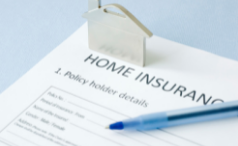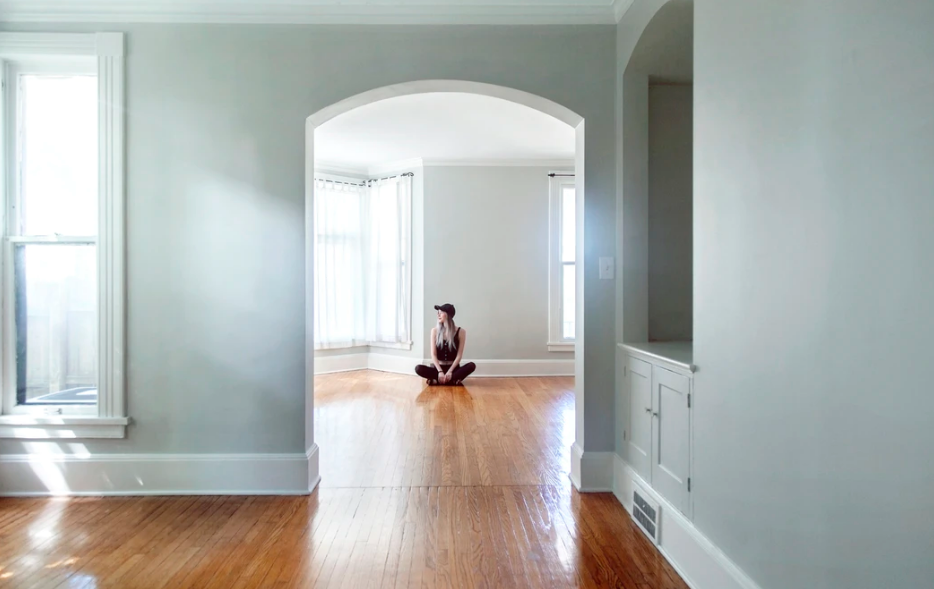Table of Contents
At least 500,000 UK homes are empty. Great news? Absolutely ‘no’, for decent reasons. When a homeowner kicks the bucket, their home may likely become unoccupied. And throughout the probate period, the house stays unoccupied to be considered for disposal per the deceased Will. However, remaining unoccupied means risks of natural and artificial damages. Since the home executor or administrator is responsible for protecting the estate assets, including the home, unoccupied house insurance becomes essential for protecting against becoming liable for losses.
What Does Unoccupied House Insurance Mean?

Unoccupied house insurance is important in terms of a Probate property and protects a home that remains vacant within 30-90 days, depending on the coverage. The reason is that the current home insurance policy may not cover a property left empty after a specified time. Since the policy would be withdrawn, making an executor liable for the potential cost, it is advisable to invest in an unoccupied home insurance policy.
Is Unoccupied House Insurance Required?
A house that remains unoccupied for over 30-90 days (depending on the policy) loses insurance. Some insurance broker companies may limit the coverage to lightning, earthquake, fire, and explosion, known as FLEE cover.
When a home is left unoccupied, it’s exposed to damages, making it high risk due to the following:
- The property becomes a target for squatters, vandalism, and theft.
- Issues such as leakage, broken pipes, storm damage, etc., are not identified, making the home vulnerable, and the repair cost runs into thousands.
What an Executor Can Do to Protect an Unoccupied Property?

As an executor, the state of the property is now your responsibility. You can either abandon the unoccupied home, which accrues cost, or cover it with unoccupied home insurance. Below are the things you can do:
1. Contact the Current Insurance Company
First, contact the current home insurers to learn about the changes and know what the existing policy provides. Yes, the property is insured, but insurance companies require you to purchase an updated or a new policy for an unoccupied property.
2. Review Any Revised Policy Thoroughly
If an insurance company continues to cover the home, the premium will increase since an unoccupied home is a high risk. Moreover, the insurer may have limited the coverage to either explosion, fire, lightning, or earthquake. In this regard, the insurer-revised policy with or without your consent may not cover vandalism or theft. As an executor, you’d be liable for the repair cost or any difference in the valuation of the home. That’s why it’s important to know all the insured event that the new policy will cover. If the current policy is comprehensive, the insurer may put a taxing condition(s), which affects the executor. Most insurers would require regular inspections, and failure to perform inspections can void the claim. A new policy may carry the name of an executor. However, it does not necessarily entitle the executor to file a claim or receive a claim benefit payable under the coverage.
3. Search for an Insurer
If you’re not comfortable with the current insurance conditions, consider insurance with probate property experience.
4. Determine Whether You Can Meet Insurance Premiums
Make sure to determine whether you can meet the insurance premiums to avoid having payment problems, especially if the property has limited cash. Some specialist insurers would permit some time where unoccupancy conditions are not applicable on the property or allow deferred premium payment until there’s money for payment.
5. Look After the Property
As an executor, it is your responsibility to look after your property. Make sure the house is secure by disabling unnecessary utilities, visiting the home regularly to inspect it, collecting posts, keeping records, and safekeeping valuable items until it’s time to distribute them to the beneficiaries. You could also ask a neighbor to keep a close eye on the house for safety.
Why You Should Purchase an Empty Home Insurance?

At least 500,000 UK homes are empty. After a house owner dies, the property may be left unoccupied. Therefore, it is exposed to natural and artificial disasters. The executor of the house is left to bear the burden if the property is affected while it is yet to be distributed to the beneficiaries.
With unoccupied home insurance, you eliminate the risk of becoming liable or frustrated with a possible fire incident like the fire-gutted unoccupied pub in Manchester Road West, Little Hulton.
Unoccupied house insurance protects the building structure and fabric from theft and loss risks. It also provides public liability insurance as indemnity against claims from neighbors, visitors, or the general public who may be injured or have their property damaged by the unoccupied house. Surprisingly, even trespassers can claim against the property.
Author Profile

- Guest Blogger & Outreach Expert - Interested in Writing Blogs, Articles in Business Niche | News Journalist By Profession in the United Kingdom
Latest entries
 BusinessJuly 1, 2025Wills for Business Owners: Safeguarding Your Enterprise and Legacy
BusinessJuly 1, 2025Wills for Business Owners: Safeguarding Your Enterprise and Legacy Business TipsJune 6, 2025Confidence That Connects the Message
Business TipsJune 6, 2025Confidence That Connects the Message GamingMay 9, 2025Why AI Personalization Is Key for the Next Generation of Betting Platforms?
GamingMay 9, 2025Why AI Personalization Is Key for the Next Generation of Betting Platforms? Business StrategiesMay 1, 2025Key Business Development Strategies for Fostering Sustainable Growth
Business StrategiesMay 1, 2025Key Business Development Strategies for Fostering Sustainable Growth





